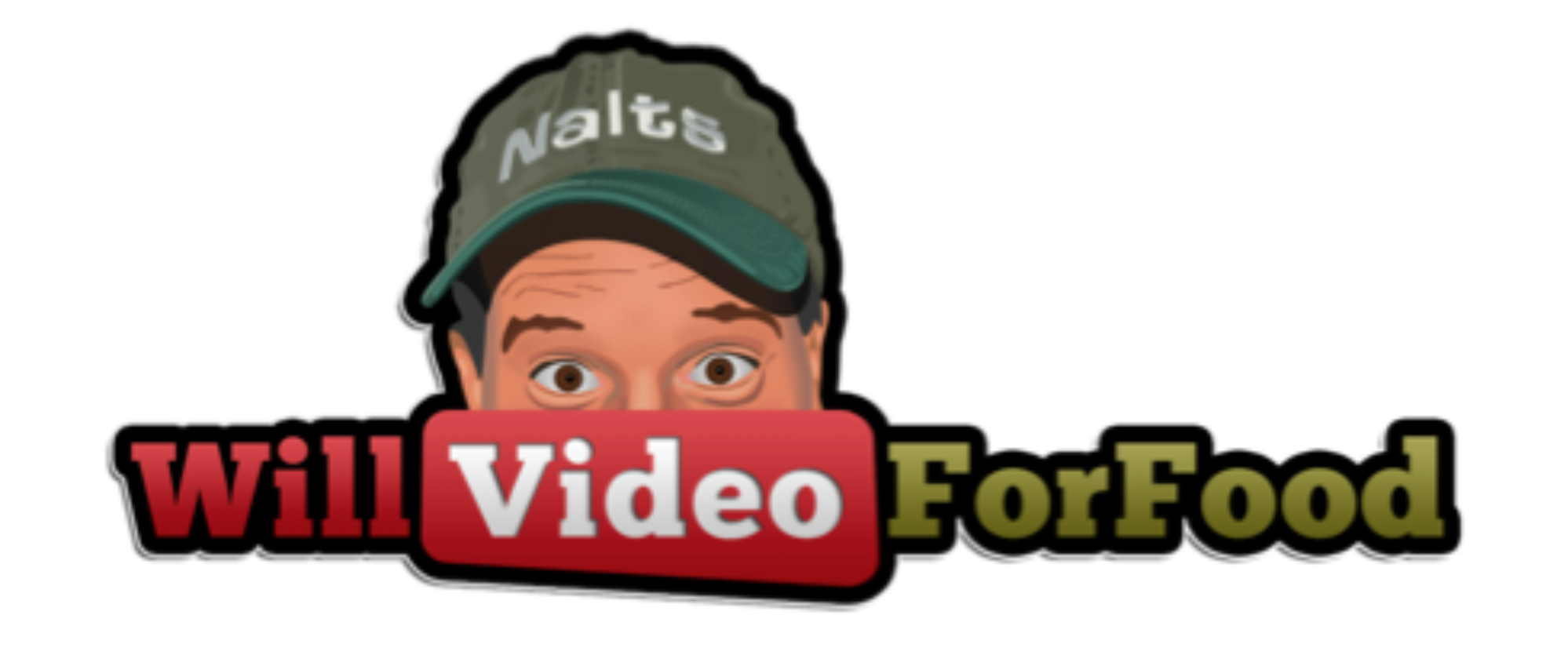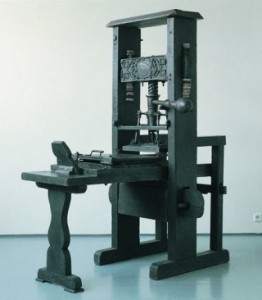The Future of Book Publishing (or “what I found while procrastinating writing my book”)
Holy crap. Check out this former editor who’s gone all foaming-mouth, Huffington-like crazy about the digital impact on traditional media and publishing. Now sit down and read this, because you might just learn something important. Sit. Sittttt. Good boy.
Richard Nash is the kind of guy that would either enthrall you over a 2nd martini or bore you to terminal, self-induced intoxication. There can be no middle ground. I suppose for me, I’d be leaning over listening with violent interest until the third martini, at which point I’d use the gesture my kids adopted from a recent Warner Brothers classic: Bugs Bunny is confronted by a poor sap that says, “pardon me, can you help out a fellow American who’s down on his luck?” Bugs reaches into his pocket, pulls out his thumb, and shouts “hitt daaaa rooooadddd.”
Some excerpts from his “Book Publishing 10 Years in the Future” are so profound I need another cup of coffee to understand them. I added some quotes because otherwise it’s as hard to understand as a Dennis Miller rant, boasting obscure references that make you feel smart if you bat 20% (which is not how the sporting kids are scoring these days).
- In 2020 we will look back on the last days of publishing and realize that it was not a surfeit of capitalism that killed it, but rather an addiction-to-a-mishmash of Industrial Revolution practices that killed it, including a Fordist “any color so long as it is black” attitude to packaging the product, a Sloanist “hierarchical management approach to decision making,” and a GM-esque “continual rearranging of divisions like deck chairs on the Titanic based on internal management preferences rather than consumer preferences.”
- In 2020 some people will still look back on recent decades as a Golden Age, just as some now look back on the 1950’s as a Golden Age, notwithstanding that the Age was golden largely for white men in tweed jackets who got to edit and review one another and congratulate one another for permitting a few women and the occasional Black man into the club.
- In 2020 the disaffected twentysomethings of the burgeoning middle classes of India, China, Brazil, Indonesia will be producing novels faster than any of us can possibly imagine.
So there’s Nash’s Dystopian third phase of publishing evolution (the first two I lift from “The Last Lecture“):
- Buy an Encyclopedia, written by invite-only guests and largely unedited.
- Democracy takes over with Wikipedia. Turns out it’s more accurate and self-healing than Britannica.
- Whoops. Wikipedia forgot that profit thing, but the pleas from the founder are charming. Along come the $5 per hour researchers that mass produce content, QA it on the cheap, and dollar-store dispense it (or fund it with porn ads).
I almost feel like it’s treason for me to reference his power puke on publishing since I’m working on a book with a major publisher. But what else am I going to do to entertain myself while I procrastinate? Geez I hope they don’t read this.
So here’s the thing, though. Any sap could write “Beyond Viral Video” like I am, but don’t we factor in the author when we buy content? Would I have purchased Randy Pausch’s book-on-tape without the story behind him, his death, his hope, his dreams and his family?
Damnit, Nash. I’m not going to buy a self-help book written by a guy that used to answer the phones for Dell am I?
Maybe he’d encourage me to find my inner Buddha, which conflicts with my religion-du-jour: “listen to the voice of your inner African American grandmother.”



I feel sorry for Kevin’s editors. They’ve got a lot of work ahead of them.
I don’t know how to read. Maybe I should write a book about that.
Too many words again. I don’t have time to read these long posts. I’ll be back when you write a short, funny post with pictures.
After watching Pauch’s last lecture I purchased a couple books on Alice (Educational Software that teaches computer programming in 3D environment developed by Pauch’s group at Carnegie Mellon) and fiddled with it for a while only to discover that I preferred Scratch (similar project developed by MIT). It’s funny how inspiration can motivate different actions that in turn lead to further branches in the road, so to speak.
Nash is the Roubini of the publishing world. We’ll see if his prediction reign true. I think we’re entering a golden age for the author.